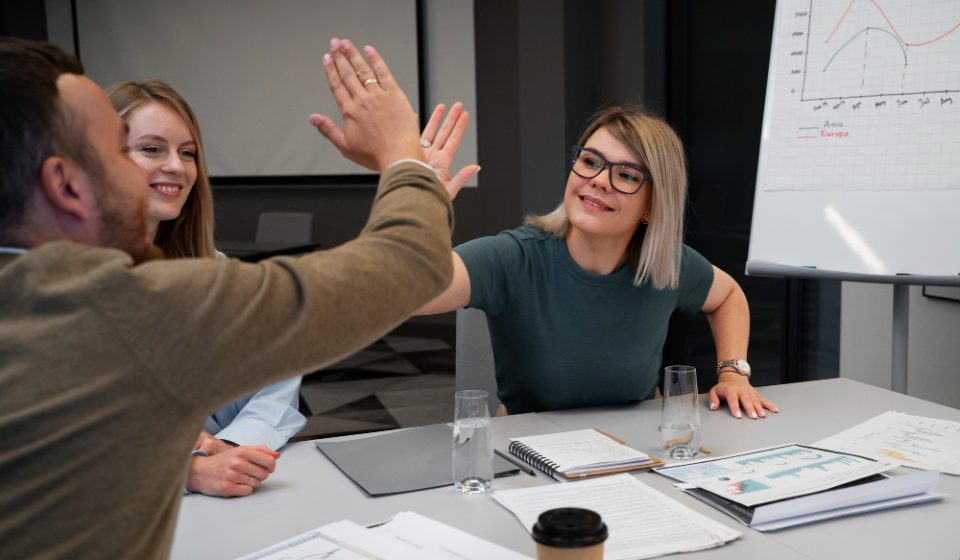
How the Idea of a “Career” Is Changing in a World Where Algorithms Are Colleagues
In an era when code collaborates with cognition, the once-straight line of a traditional career path is dissolving into a dynamic, adaptive journey shaped by algorithms that do more than just automate tasks—they participate, observe, and iteratively influence how work itself is defined. The 20th-century notion of “a career” was often tethered to stability, hierarchy, and predictable advancement: a ladder with clear rungs, a long tenure, and a measure of identity rooted in a single domain of expertise. Today, that ladder feels increasingly abstract. Artificial intelligence, recommendation engines, and generative systems are no longer silent background tools; they are, in many cases, the coworkers, editors, analysts, or designers collaborating on every file and decision point. This shift is not merely technological but philosophical—it challenges the autonomy once associated with professional skill. When algorithms anticipate your next move, optimize your workflow, or even propose the direction of a project, they co-author the very definition of effort and outcome. The consequence is that “career” becomes less about static specialization and more about one’s adaptability to symbiotic intelligence. Credentials are giving way to curiosity; longevity is replaced by learning velocity. The profile of a successful professional is no longer someone who has mastered a routine but someone who can reinterpret roles and constantly redesign their place within a hybrid ecosystem of human and machine intelligences. Work, in such a context, ceases to be a linear narrative—it turns into a continuous negotiation between human aspiration and algorithmic precision. Understanding this emerging configuration demands that we rethink not only our employment structures but our sense of meaning, relevance, and value in an environment where decisions are filtered, guided, and sometimes improved by non-human coworkers whose logic evolves faster than any human can read a quarterly report.
As algorithms integrate deeper into professional ecosystems, the fundamental meaning of ambition, skill development, and career progression is being recalibrated for a world defined by perpetual feedback loops and machine-driven iteration. The idea that a career represents a single direction, a defined ladder, or a permanent domain of mastery is rapidly being replaced by the concept of fluid portfolios that balance human traits—empathy, synthesis, ethics—with computational precision, prediction, and optimization. In industries from healthcare to finance, journalism to design, the “colleague” sitting across the digital workspace may no longer breathe, but it learns faster, cross-references vast archives instantaneously, and recommends choices informed by patterns no single individual could perceive. This partnership forces professionals to redefine what authority, experience, and creativity mean when algorithms contribute original insights—whether through data modeling, text generation, or automated reasoning. The emerging challenge is not displacement but coexistence: humans must learn to curate their collaboration with algorithms, guiding them while being guided in turn. Thus, success in the algorithmic workplace hinges on cultivating an evolving fluency—an ability to question, interpret, and contextualize outputs in ways that extend rather than merely execute them. The career becomes a living experiment, where adaptability, digital empathy, and ethical reasoning turn into the new forms of capital. In this transformation, “career planning” becomes less about choosing a destination and more about building the cognitive and emotional flexibility to move across hybrid spaces of human–machine creativity, where the real competitive advantage lies not in resisting automation, but in embracing the conversation it invites.





